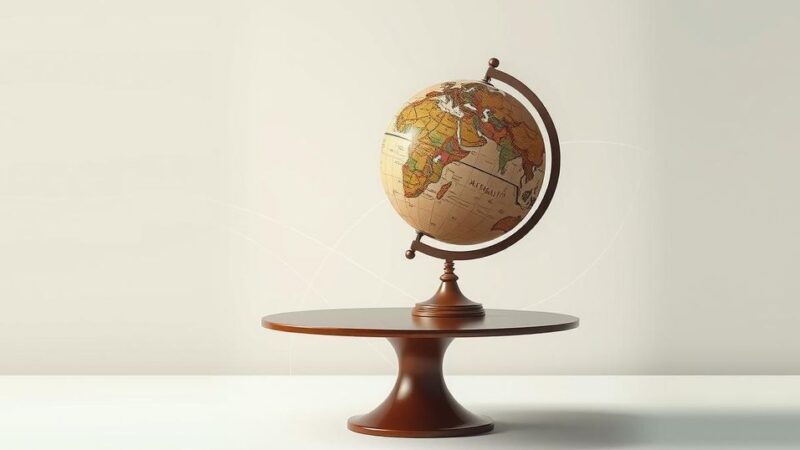Nearly 3,000 individuals have been killed in Goma due to fighting between M23 militants and the Congolese army, with ongoing humanitarian crises and infrastructural disruptions reported. U.N. officials express grave concerns about rising tensions and health risks as civilians flee the violence. The situation is exacerbated by accusations levelled between the DRC and Rwanda regarding support for armed groups.
A senior official from the United Nations reported that nearly 3,000 individuals have died in ongoing clashes between M23 militants and the Democratic Republic of Congo’s national army in Goma. Vivian van de Perre, the deputy head of the U.N. mission in the DRC, informed media representatives about the alarming death toll and stated that U.N. teams are assisting in the recovery of deceased bodies from the city’s streets. To date, approximately 2,000 bodies have been collected, with an additional 900 in local hospital morgues.
The M23 group initiated a large-scale offensive in January, violating a ceasefire agreement with support from the Rwandan military. The conflict escalated significantly with the M23 claiming to have captured Goma, the capital of North Kivu province, which is home to over one million residents who have been displaced due to the fighting. The DRC government has continuously accused Rwanda of backing the M23, allegations that Rwanda refutes.
Vivian van de Perre indicated that Goma is currently under the firm control of M23 forces, which have closed all escape routes from the city and taken over the airport indefinitely. The escalating violence has resulted in significant human suffering and a growing humanitarian crisis, with nearly 2,000 civilians seeking refuge in U.N. peacekeeping bases, leading to concerns over overcrowding and potential disease outbreaks within these facilities.
Basic utilities such as water and electricity have been disrupted due to intense fighting, although partial restoration has occurred. Despite markets reopening, prices have surged dramatically. Peacekeepers from the U.N. mission, known as MONUSCO, are facing restrictions and can only move with prior notice. Reports indicate harassment of aid workers and journalists, raising serious concerns about freedom of movement in Goma.
The M23 is advancing towards South Kivu’s capital, Bukavu, with heavy fighting occurring along critical routes. Van de Perre highlighted the increasing tensions in Bukavu as M23 forces approach. As MONUSCO proceeds with the gradual withdrawal of peacekeepers, concerns remain over the security of Kavumu airport, vital for humanitarian activities and civilian transportation.
The conflict in the Democratic Republic of Congo, particularly in the eastern region, has a long and complex history, characterized by recurrent violence, the involvement of multiple militia groups, and significant international implications. The M23 rebellion emerged in 2012, reflecting long-standing grievances among local populations regarding governance and security. Recent escalations have seen renewed fighting, prompting international attention and humanitarian responses as the situation rapidly deteriorates. Tensions are further exacerbated by regional dynamics, particularly Rwanda’s alleged involvement in supporting rebel groups, stirring fears of instabilities extending beyond Congolese borders.
The situation in Goma is dire, with nearly 3,000 casualties reported due to intense fighting between M23 militants and the DRC national army. Humanitarian conditions are worsening as civilian populations suffer from displacement and basic services are disrupted. The international community, including the United Nations, is closely monitoring the escalating violence, emphasizing the need for urgent humanitarian aid and potential interventions to stabilize the region. The ongoing conflict poses serious infrastructure and health risks, underscoring the complexities of peacekeeping and diplomatic efforts in the DRC.
Original Source: www.voanews.com






